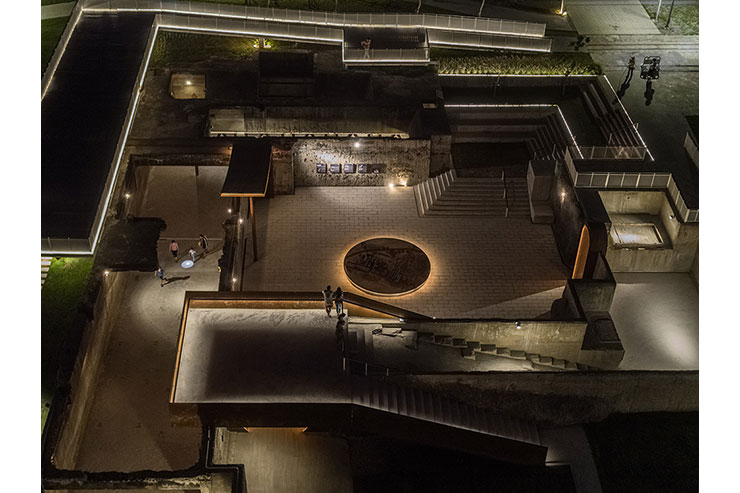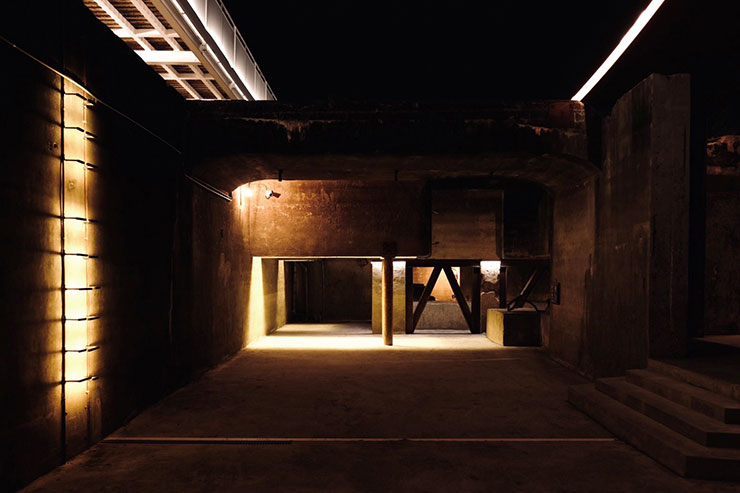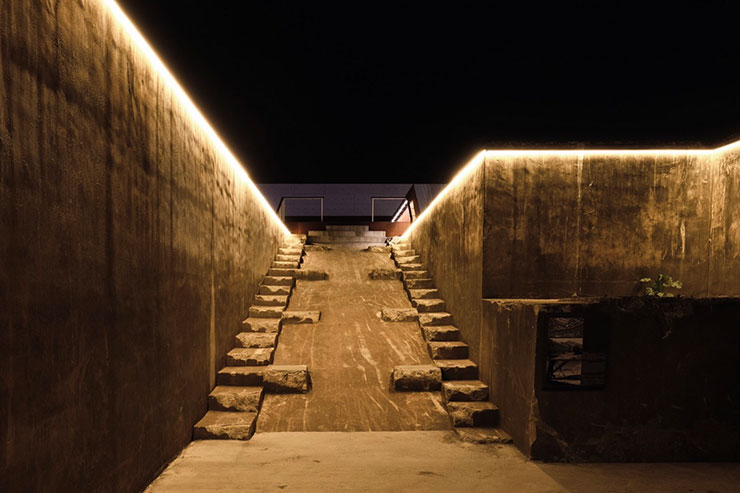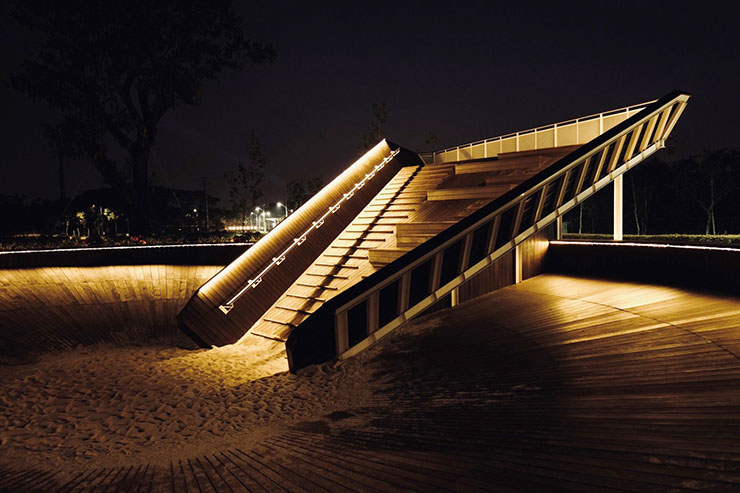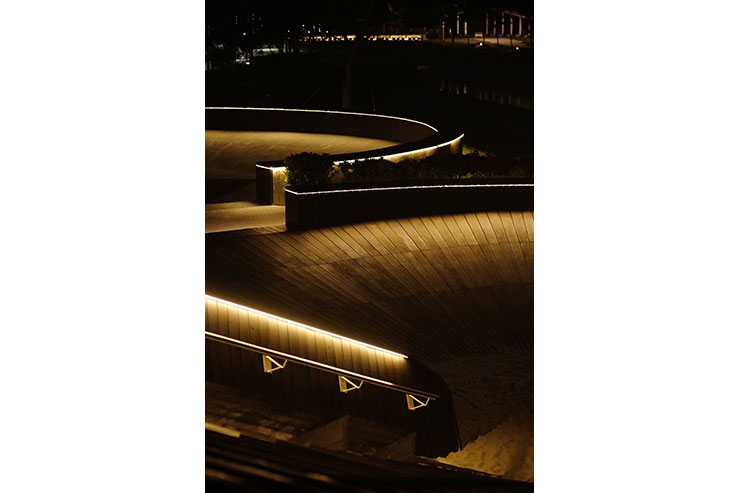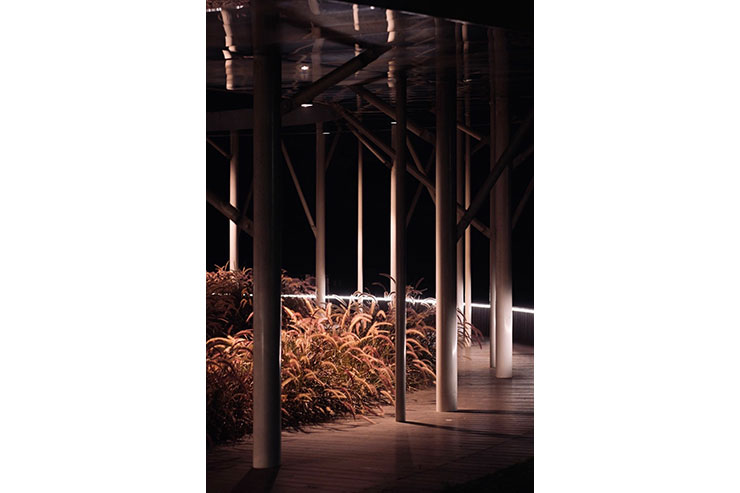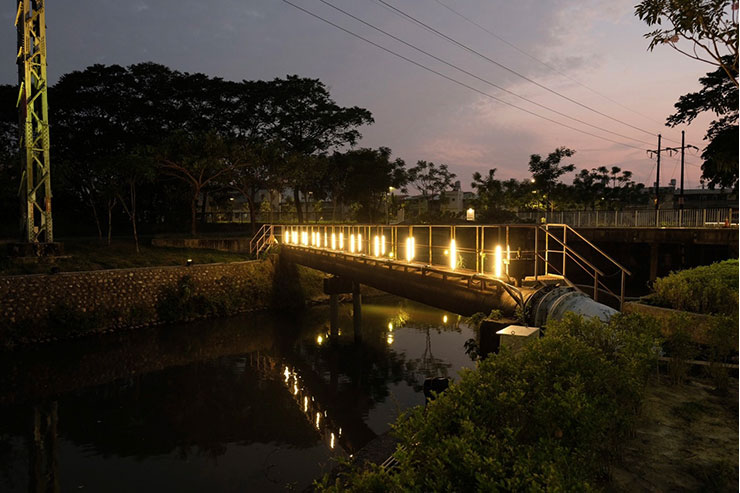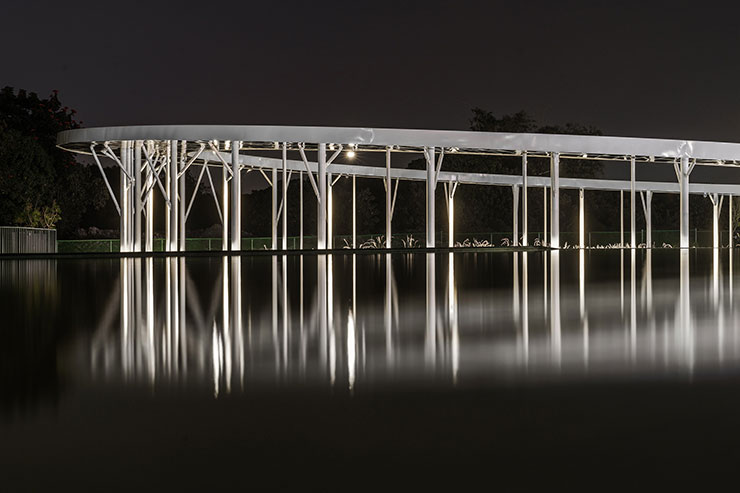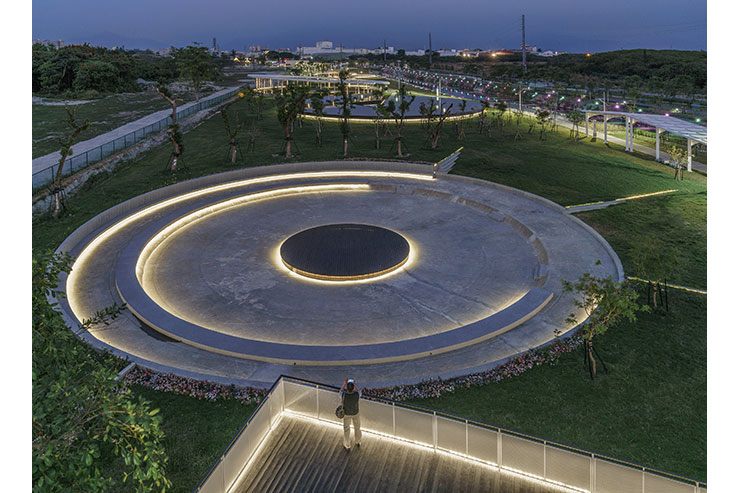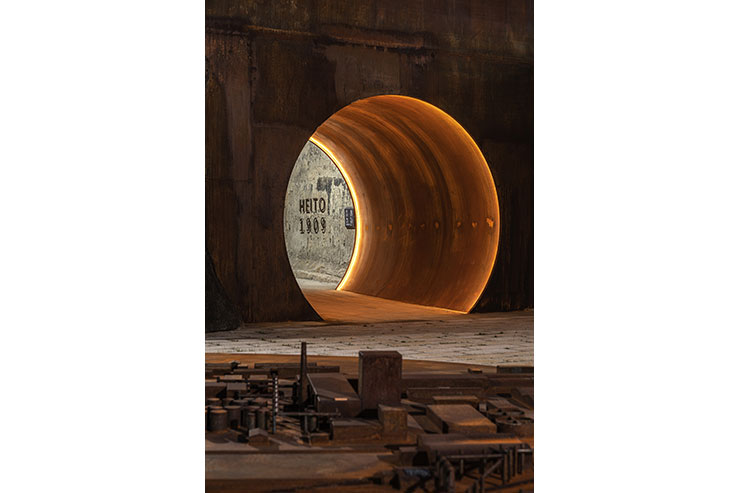- ABOUT
- JUDGING
- ATTEND THE EVENT
- CONTACT
- MORE
- 2024 Entries
- Installations 2024
- Past Winners
- Subscribe
- [d]arc directory
- arc magazine
- darc magazine
Heito 1909, Taiwan
ProjectHeito 1909LocationPingtung, TaiwanLighting DesignWeDo Group, TaiwanArchitectWeDo Group, TaiwanClientPingtung CountyLighting SuppliersDelta Electronics, Tons LightologyPhotographyYi-Hsien Lee and Associates YHLAA
The Heito 1909 project transformed Taiwan’s historical sugar factory into a public gathering place, created a key area for development south of Pingtung city, re imagined the wasteland barrier that struck a decade ago, and integrated community resources around the city. Significantly, the park provided people a place to engage in quality natural environments within a metropolitan city.
The major work of this project is to research and find out the potential, existing structure as a starting point provide a story to play with.By modifying the existing structure into different functions, create a deduction way of the design process, to create a new possibility and outcome. The design uses existing ruins to transform into a park, with 0.5 hectares of land grading into the slope so seasonal floods can happen and create wetland for natural restoration. The lighting design merges into the landscape to create an outline.
The interpretation of the lighting environment for industrial ruins should blend with the surrounding natural landscape and local cultural history, symbolizing the activities of contemporary people in historical sites. We believe that nature and history provide us with irreplaceable treasures. The normal lighting environment should not disturb birds, insects, neighbors, or astronomers. The light that coexists peacefully with darkness when night falls is the most appropriate beauty. Through a more restrained planning, we hope to give back to nature a “gentle” light, highlighting the diverse imagination of cultural heritage and natural landscape.
Especially in times of resource depletion and environmental imbalance, lighting designers must take on more social responsibility. We introduce energy-saving technologies in our design and reduce energy consumption through more precise calculations and layouts. The use of recycled materials for lighting fixtures is also a way for us to respond to the environment and practice a circular life.”
